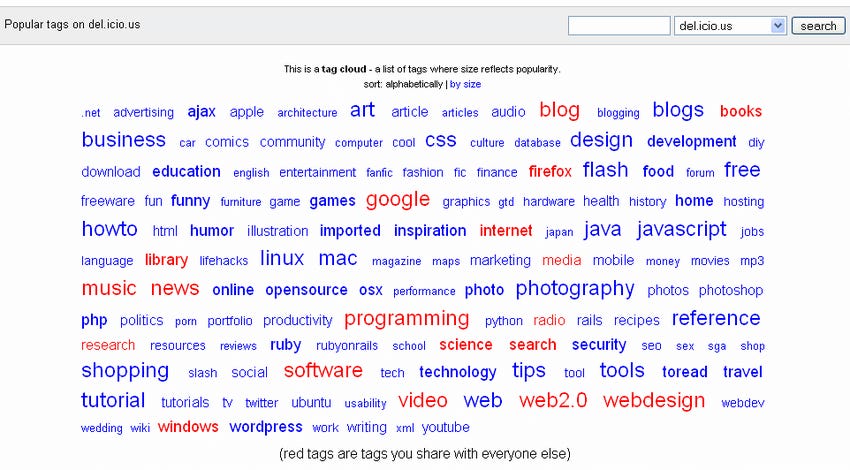
Saved by Kalyani T and
The Filing Cabinet

Saved by Kalyani T and
Sara added
Consider how much space would be freed up by eliminating all file cabinets in an office department.
Unlike the brain, the file cabinet approach makes it difficult or impossible to remix or reuse the same piece of information. Each time a change is made to any given file, it has to be tracked down and updated in every location in which it exists. This leads to redundancy, with a cluttering of near-identical ideas, and significant work any time a s
... See moresari and added

sari and added
We take the practices of modern bureaucracy for granted, but most of them are quite recent. Until the late nineteenth century, no large government had the capacity to keep, organize, order, access, and retrieve detailed records on all of its citizens. For instance, the British government did not organize its paper records as “files” until 1868.
Two-gigabyte hard drive space can hold information equivalent to paper documents that would require a four-drawer filing cabinet.
The power of files comes from them being powerful nouns. They are temporary holding blocks that are used as a form of exchange between applications. A range of apps can edit a single file in a single location.
Nicolay Gerold added